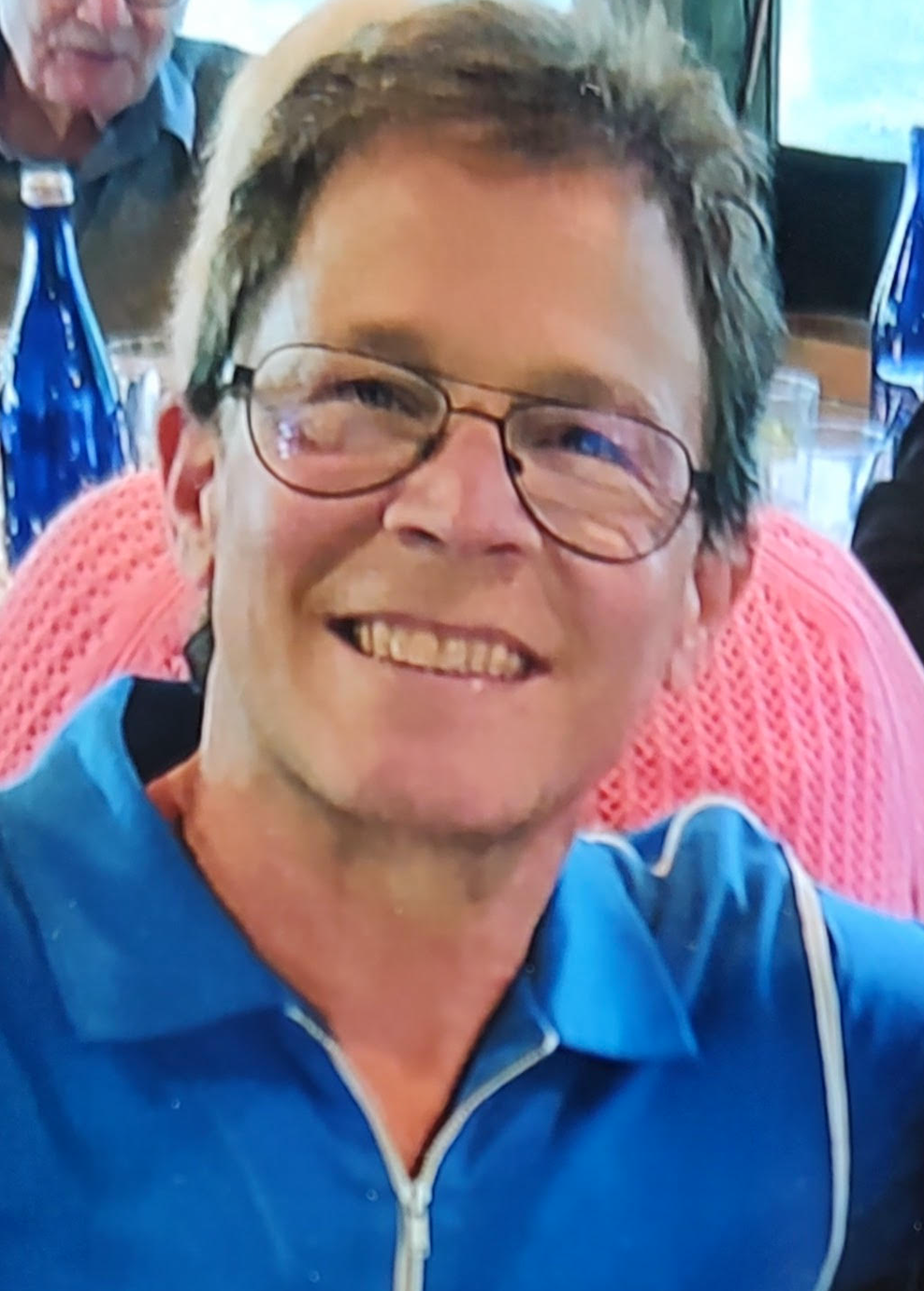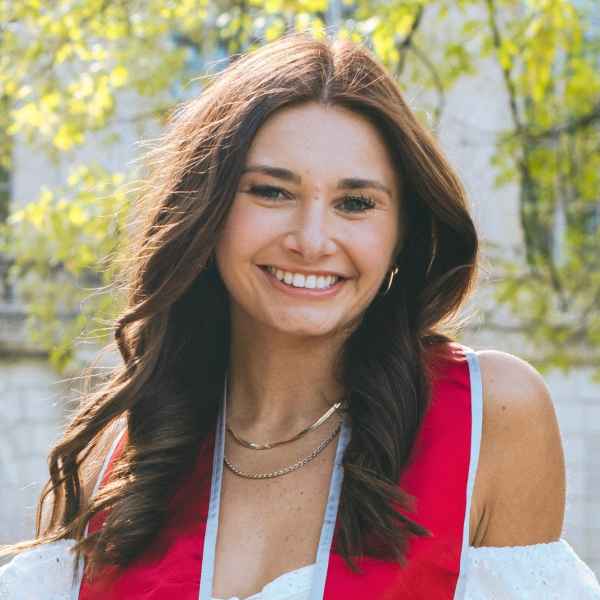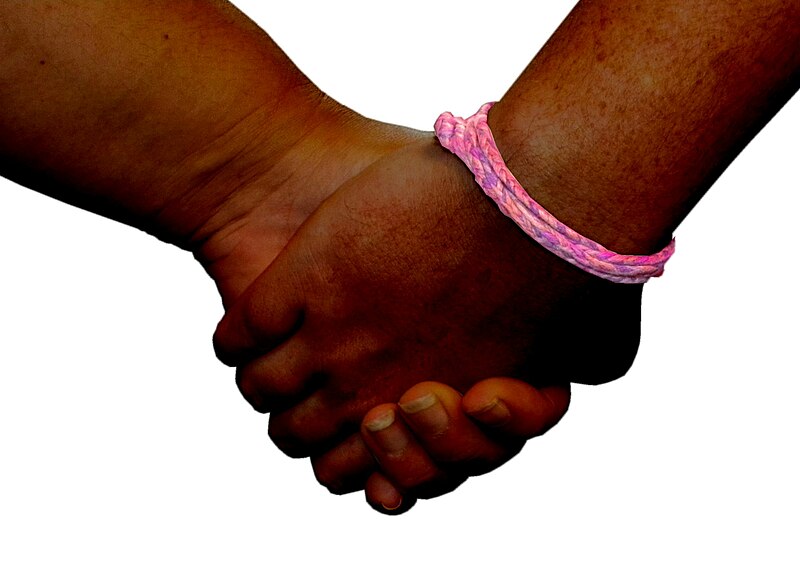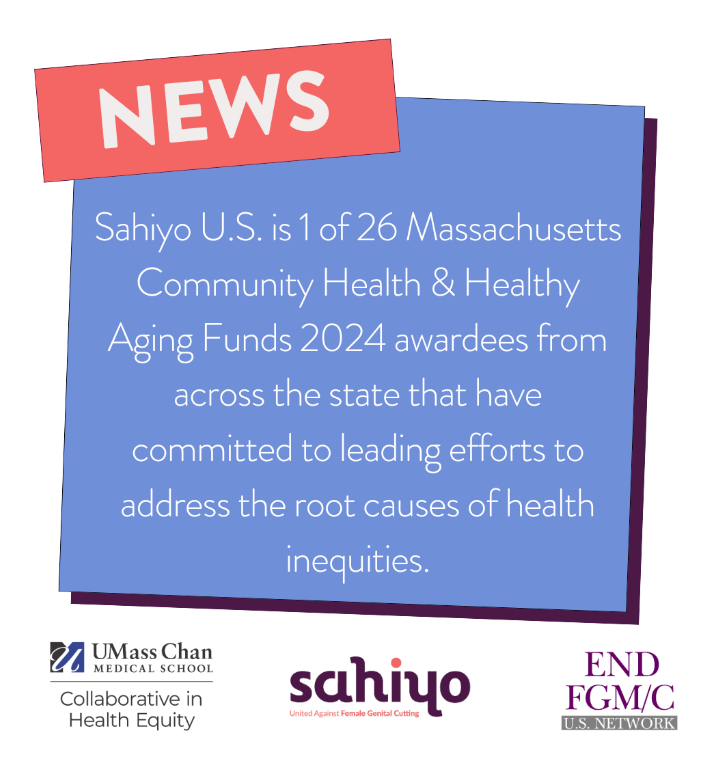We are excited to announce an upcoming webinar that promises to be both enlightening and empowering: Youth Advocates Against Female Genital Cutting - A Conversation on Change. You, too, can join us for this important discussion.
Date: November 4, 2024
Time: 12:30 pm ET / 9:30 pm PT
Registration Link: https://bit.ly/FGCYouthAdvocacy
Why This Webinar Matters
This webinar recognizes the vital role of youth advocacy in addressing the practice of female genital cutting (FGC). Recent articles and studies have highlighted the significant impact of youth advocacy in working to end FGC. For instance, an article by Orchid Project reflects on International Youth Day and emphasizes how young advocates have pioneered innovative strategies to raise the awareness of FGC and enhance their advocacy skills. Similarly, organizations like Equality Now exemplify the transformative power of youth-led initiatives, emphasizing the commitment of young advocates to further challenge societal norms and promote an inclusive dialogue on critical issues.
Despite efforts to end the practice, FGC still persists as a serious issue affecting millions of people worldwide. Engaging with youth advocates is crucial as they bring fresh perspectives and unwavering passion to challenge norms and drive change for the future.
Our Motivation
The decision to focus this webinar on youth-led efforts stems from a recognition that young voices are often underrepresented in discussions about FGC. We see this as a missed opportunity. Youth advocates bring a unique energy and perspective that are essential to challenging long-standing norms and practices, and their involvement can drive innovation and lasting change
Here’s why we are particularly focused on supporting youth in the work to prevent FGC:
- Youth as Catalysts for Change: Young people possess a powerful mix of passion, creativity, and determination. They have the potential to challenge outdated practices and create meaningful change. By providing them with the opportunity to share their voices, we can channel their energy into addressing FGC more effectively.
- Education and Empowerment: Knowledge and confidence are the cornerstones of effective advocacy. This webinar aims to empower young activists by offering insights from experienced advocates who have a thorough understanding of the challenges and opportunities in the movement to end FGC.
Event Highlights
During this dynamic panel discussion, you will hear from youth advocates who are making a difference in their communities and beyond. They will share their journeys, innovative strategies, and the challenges they have encountered in their advocacy efforts. The session will also include interactive discussions that promote diverse perspectives and collaborative problem-solving.
Why You Should Attend
This webinar is more than just a conversation—it’s a call to action. By participating, you will:
- Empower Youth Advocates: Provide a space for young advocates to share experiences and personal strategies for raising awareness and creating change
- Promote Dialogue: Foster empathy, exchange diverse perspectives and generate innovative ideas for advocacy and community engagement, emphasizing the role of youth in advocacy efforts
- Build a Stronger Network: This webinar will offer valuable networking opportunities, connecting participants with like-minded individuals, organizations, and experts dedicated to ending FGC.
- Gain Valuable Insights into Effective Advocacy: You’ll learn from accomplished young activists like Hunter Kessous, Nur Bookwala, Saza Faradilla, Atiqah Suhaimi, and Umme Kulsoom- Arif.
Register Now
Don’t miss this chance to be part of a transformative dialogue and support the global movement against FGC. Click here to register and secure your spot in this essential discussion.






